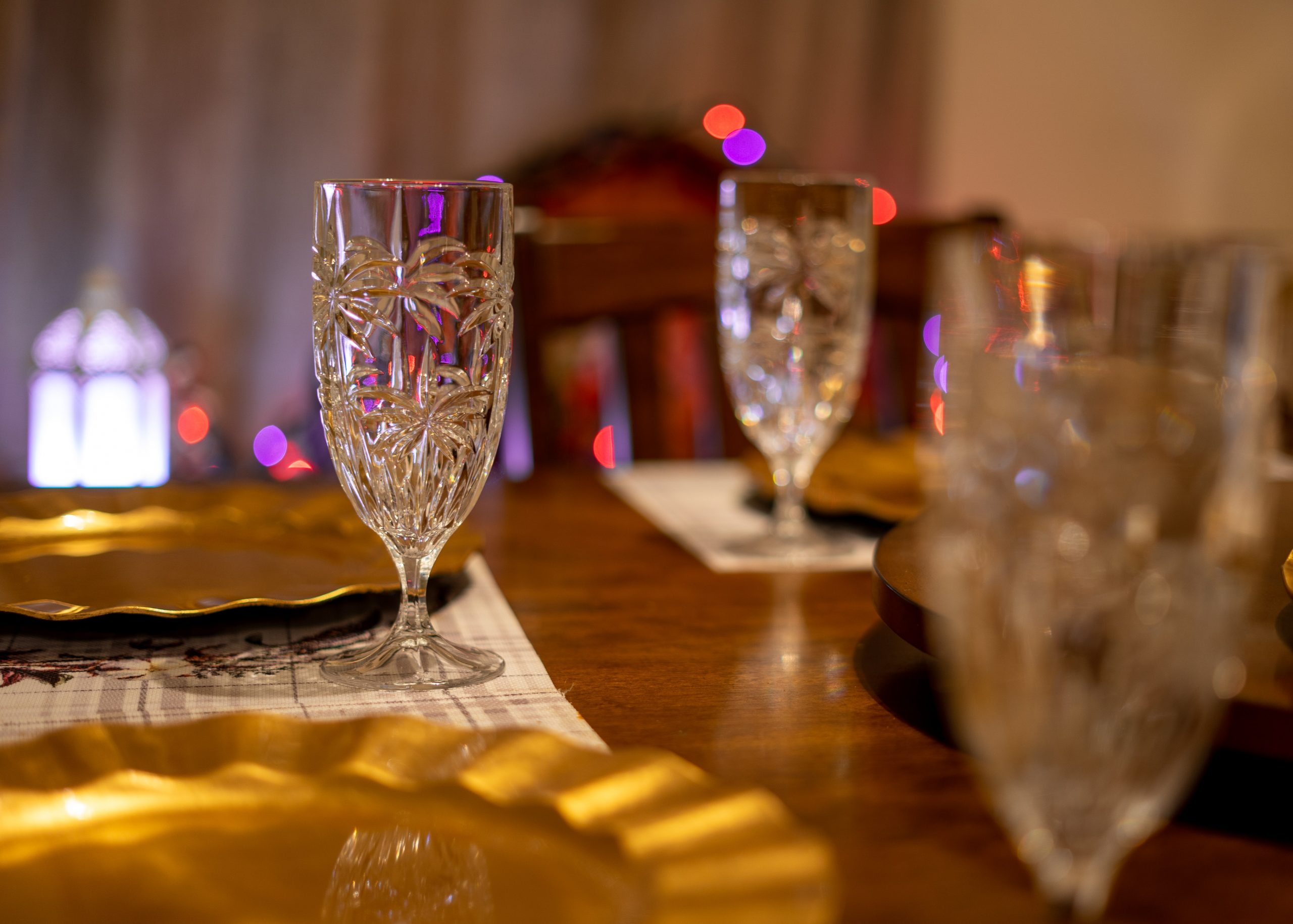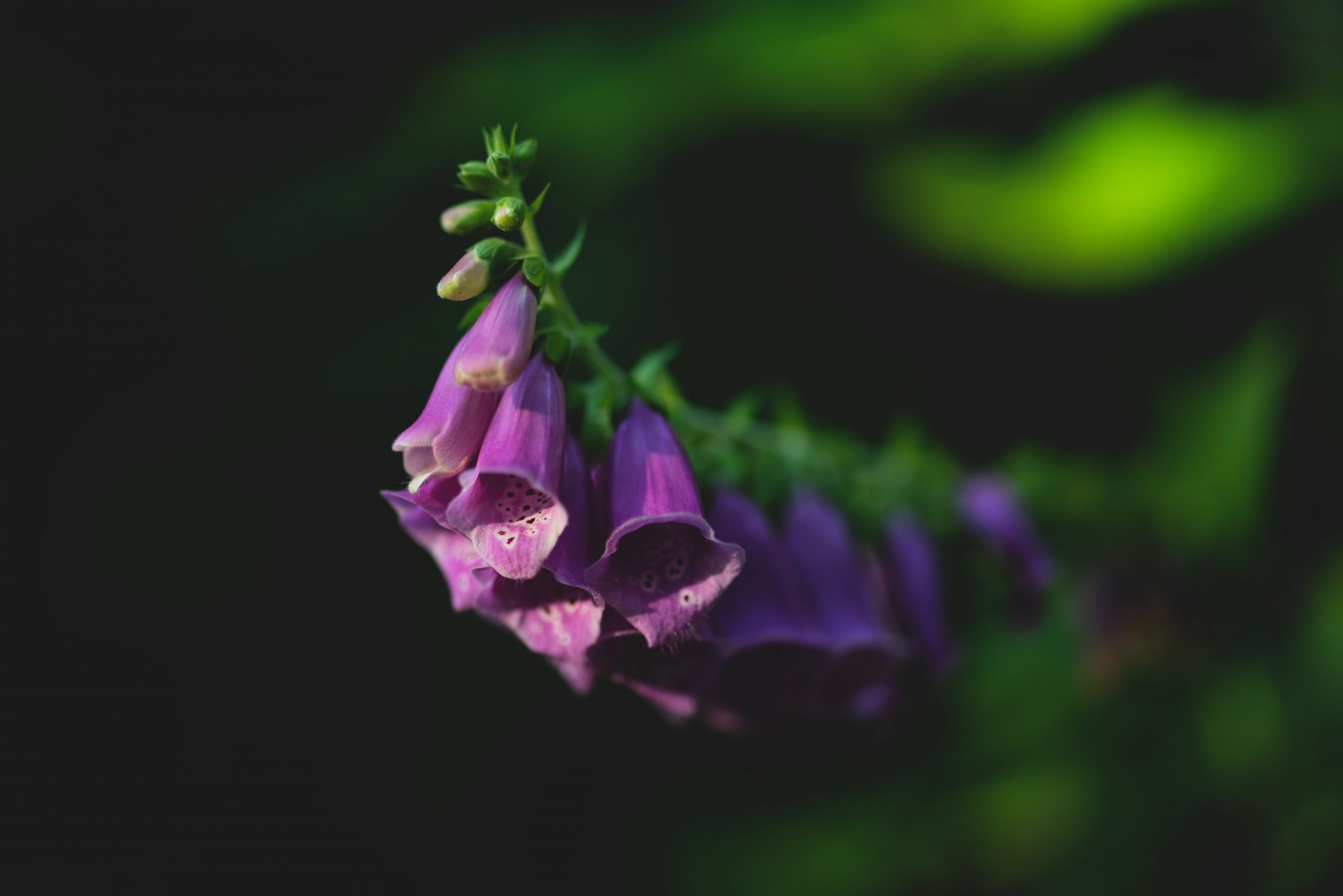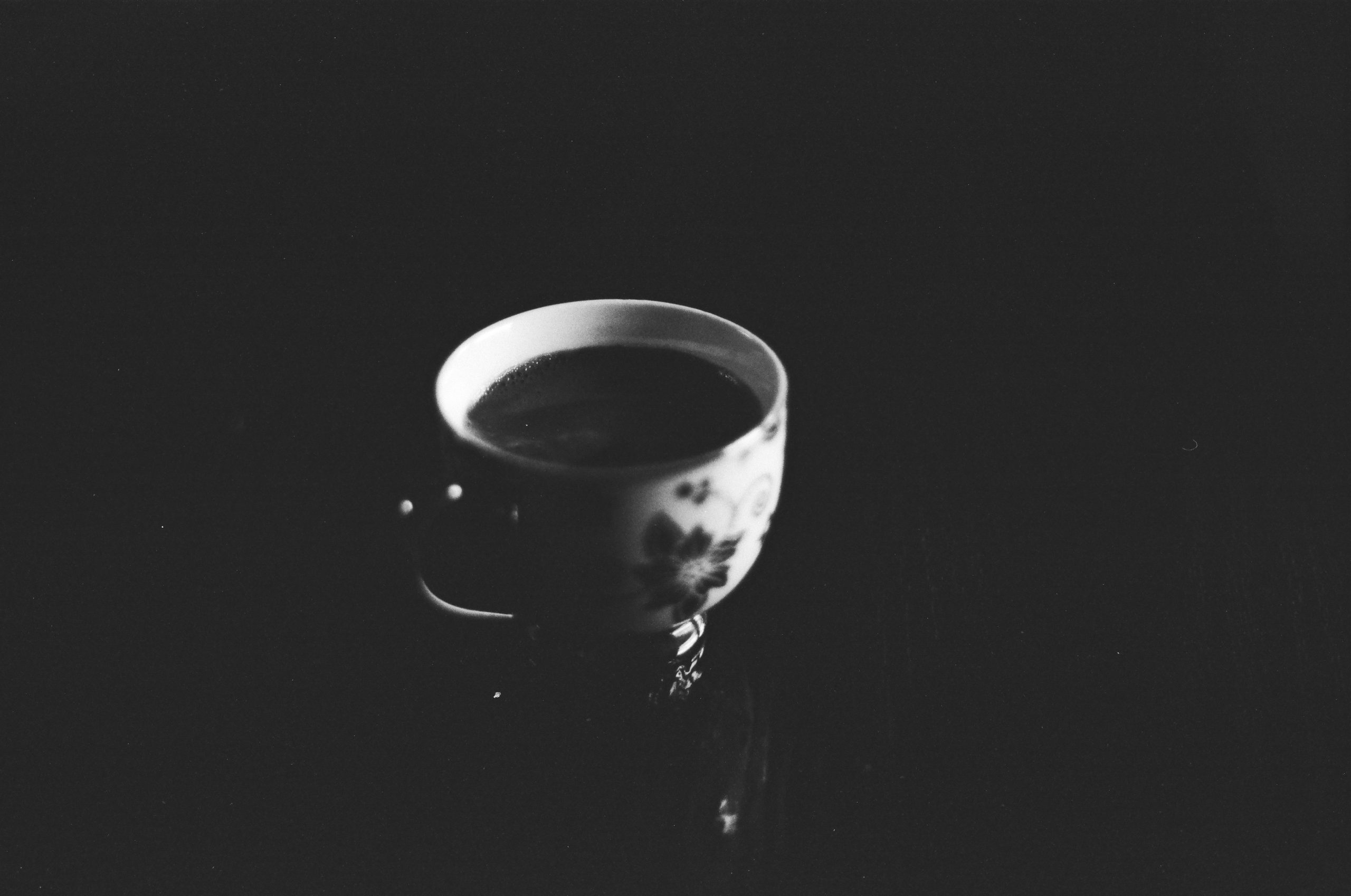CHRISTMAS NIGHT AT SYLVIE’S by Caroline D’Arcy
Christmas 2020 didn’t go with much of a swing. Like everyone else in the country, I celebrated it in my family bubble – husband and both sons plus the youngest one’s girlfriend, who was a bit sad and depressed because she couldn’t go home to Peterborough. We did our best but it was a poor, shadowy phantasm of Christmases past and although we dutifully played games and pulled crackers, no one’s heart was really in it.
As Mark and I sat with a last drink on Boxing Night after the boys and Eve had gone to bed, I had a sudden, vivid and almost hallucinatory sensory flashback. Something must have set me off, and I think it was the smell of the port my husband had poured himself, the thick sweet bouquet from a small glass of crimson liquid cradled in his hand as he drank it in one and said, “Well, here’s to next year. Can’t bloody wait”. He never drinks port, and I never usually buy it but in the space of one inhalation I went back 55 years to the old family home, getting ready for the Christmas Night party at my aunty Sylvie’s when I was 10 years old.
Home for me, my sister and mum and dad was a ground floor three bed council flat on a new-ish estate in Swiss Cottage with a pocket hanky sized garden. Like everyone we knew, we had Christmas dinner at 2 o’clock in the afternoon, so we could watch the Queen’s Christmas message at 3. It was always turkey, cooked by mum in the tiny kitchen in a gale of stuffing fumes and hectic red cheeks, and my sister and I took full advantage of the one-day-a-year special treats, little glass dishes of cubed cheddar cheese, sharp vinegary gherkins and a bowl of Twiglets. The parents dozed over the Queen, we watched the circus, and all the time we were thinking about the party at Sylvie’s house.
Sylvie was Mum’s eldest sister, and she and her husband Harry and their son, my cousin Peter, lived in Ordnance Hill, St Johns Wood, a short walk from us. Today a NW8 postcode indicates wealth, probably great wealth, but in 1965 a lot of the Wood was populated by working class families like us living in social housing. The Eyre Estate owned and rented out great chunks of property, including the house where my maternal grandparents brought up mum and her three siblings. My Auntie Eve still lived there at number 47 with her husband and Sylvie and Harry rented number 43, next door but one. I’ve just had a look online – number 47 changed hands last year for over three and a half million quid, something that, if I could only summon Mum and her family back from the grave, would make them all screech with disbelieving laughter.
There was a glass roofed scullery at the end of the long narrow hall (which was always called “the passage” and never “the hall”) that leaked in the rain and led to a door into the garden, at the end of which you’d find the outside loo. Also off the scullery (we called it “the glass house”) was the kitchen, a room so inadequate that if you described it as shocking you’d be giving it a compliment. Baths were taken in there. Upstairs was Harry and Sylvie’s bedroom, with a chamber pot under the bed, because neither of them would trek out into the garden for a loo visit in the night, and frankly, who could blame them? Luxurious it wasn’t. But every Christmas Night for all of my childhood and indeed for a quite a while afterwards, Sylvie and Harry welcomed a large assortment of friends, relatives and neighbours into their home for a party that pretty much defined my idea of what a good night out would be for the rest of my life.
Coats were left in the middle room, halfway up the passage, which was where Peter slept. They were piled high on his bed and all other surfaces. And hats. Loads of hats. All the men wore them and most of the women too. Drinks and plates of snacks and sandwiches were in the kitchen, and the main action happened in what an estate agent might call the front reception, but we called the parlour. Guests started arriving at about 7pm. I remember we walked over from Swiss Cottage, about a fifteen-minute journey, all bundled up in winter coats, Dad clutching a bottle of Dimple Scotch Whiskey, which when empty I hoped would be given to me to collect sixpences in, and Mum with a bottle of port. Both of these went on the kitchen table along with the Watney’s Party Sevens, the rum, the vodka, the sherry and more Scotch. No wine, because wine was for posh people. Mum and Dad helped themselves to drinks – beer for Dad, a whiskey for mum – and my sister, who was nine years older than me, got a vodka and orange and then they all disappeared into the parlour, leaving me to have a look at the soft drinks and find them wanting.
I didn’t want a fizzy orange or a Coca Cola. I’d been drinking those all day, and now, with the grown ups elsewhere, I was thinking about treating myself to something more interesting. Specifically, some port. I’d seen the adults drinking this with lemonade, and so trying not to look round guiltily and draw attention to myself, I poured a glass. It went a nice colour, and better than that, it tasted like pop. I drank it down. Lovely. I poured another and then went to join the party, hiccoughing only slightly.
In the parlour, lights were blazing from the ceiling fixture and the record player was on full blast. Fats Domino was doing “Blueberry Hill” and the room was full of swaying bodies and the smell of cigarette smoke. Party hats were slung round jowly chins with elastic straps, conical shiny things looking tiny on big bald heads, some with coils of crepe paper dangling from them. The Christmas tree – a small fake one – stood at a drunken angle with its fairy clinging on tight. Uncle Harry, in a three piece pinstripe suit and a fob watch, was wearing a fez and smoking a big cigar. He looked as if he was on the verge of doing his famous Winston Churchill impersonation. I weaved over to the corner where my parents were, but was intercepted by my cousin Robert, who grabbed me by the arm and lunged in for a kiss.
“Hallo, it’s the baby,” he roared. All the cousins were much older than me because Mum was the youngest sibling and hadn’t had me until she was in her 30’s, so technically I was the baby of the family, it was true, but it irritated me beyond bearing to be reminded of this. “Shut up Robert,” I said and he laughed and ruffled my hair. “Oy, Auntie Peg, the baby’s in a bad mood!” And mum rolled her eyes, and drew me away to the safety of our corner where I took another big pull of my port and lemonade and started to feel very fine indeed. “Blueberry Hill” finished and someone put “From A Jack To A King” on and everyone knew the words.
“From loneliness to a wedding ring,” crooned a man they all called Banana Charlie, “I played an Ace and I won a Queen….”
“….And walked away with your heart”, bawled someone else.
“Aye aye!”, shouted Jack The Gas, “Banana Charlie’s after your wife,’Arry!”
“And he’s welcome,” Harry said, hitching up his fez and taking a puff on his cigar. “D’you hear that Sylv?”
“Gertcha!” said my Auntie Sylvie, and the music swelled again and the crowded room squeezed itself round a quarter turn. Mum and Dad had a dance together and Peter came in with a plate of ham sandwiches on soft damp bridge rolls, along with a bowl of cheesy footballs. He knuckled my head as he went past and said, “Still taking the ugly tablets, I see” then moved on before I could think of a reply, because for some reason my thought processes were quite fuzzy. Outside in the tiny front garden I could see Dave Chennary, a retired bank robber, and his wife Kath having a row. My port and lemonade was nearly gone, so I shouldered my way through to the passage and past a knot of people blowing smoke rings, into the glass house and then to the kitchen. Might as well make it a large one, since I was feeling delightfully woozy by now, but most unfortunately my sister, coming in for a vodka orange refill, had spotted me.
“Is that PORT? I’m telling Mum! You can’t have that, you’re a baby!”
“It’s Tizer.”
“It flaming isn’t! Caroline, seriously, don’t drink that.”
“You’re not the boss of me.”
“Oh make yourself ill then, I don’t care.” And off she went down the passage as another group of guests came in on a gust of cold air. In the parlour Harry had embarked on the Winston Churchill, and someone had turned the record player off so as I tottered back I could clearly hear him declaiming, “We shall fight them on the beaches…” which was pretty much the extent of the act. He actually did look a little bit like Churchill, being portly and bald, and fond of a cigar, and it was his party piece at his own party, so everyone indulged him. The record player started up again, Stupid Cupid by Connie Francis. Somewhere the Beatles were huge and the summer of love was just around the corner, but here the music of the 1950’s held sway, a pile of big, fragile 78’s waiting their turn. There was a fug of smoke hanging just below the ceiling, which was stained yellow-ish from years of nicotine, and underneath it the dancers, squashed together like a rush hour tube carriage, gyrated through the haze. I began to feel a bit ill.
“Them strides a bit tight, Colin, or what?” This was Jim Proudfoot, one of the members of Dad’s darts team and he was talking to Colin Burnett who’d just arrived with his new girlfriend on his arm. Colin gazed down at his trousers in an affronted sort of way and said: “No they ain’t.”
“Yes they are, because I can detect that you’re so bleedin’ bandy you couldn’t stop a pig in a passage.”
And Colin, who was actually very bandy, roared with laughter and steered his girlfriend towards the kitchen to get a drink. My mum came up the passage and gave me the maternal eye. She was a few whiskeys down herself, but she could spot a squiffy 10-year old when she saw one.
“Time we made a move I think,” she said and my Dad appeared out of the middle room with the coats. And behind my Dad, coming in the front door and respectfully wiping their boots on the mat were two enormous policemen.
“Could I have a word with the householder, please? We’ve had a complaint about the noise,” said one, adding politely, “Merry Christmas.”
Those two coppers became family friends, and they appeared, in civvies, at most of the parties afterwards. Harry and Sylv never found out who made the complaint though. On the walk home I stopped to be sick, and my sister grassed me up to the parents. I never from that day to this could drink port again, which is why I never buy it, so its presence at Christmas 2020 was a bit of a mystery. They say that music and smells are the two things that can transport you back in time and they – whoever they are – are right about that. When Sylvie got ill and the parties stopped, no one took up the slack. Christmas Night reverted to its old dull stodgy full up self. And now Harry, Sylvie and Peter and pretty nearly all the guests are long gone, except for me and my sister. But if I get a whiff of port, or cigar smoke, or if Fats Domino comes on the radio, I’m back there in an instant and I’m sure deep in my heart that there’re all having one cracker of a knees up in the afterlife.
Caroline is in her mid sixties and retired from a career as a film publicist, which sounds glamorous but wasn’t really, although it had its moments. She has been writing short stories and creative non-fiction to keep herself sane during lockdown.


